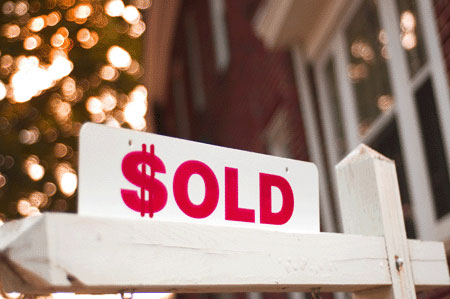
Understanding your mortgage is super important for anyone who allows a lien holder to financially help them to purchase property. Remember that for most of the life of your loan, your lender will likely own far more equity in the property than you will. Therefore, they are the true owner and you are merely pretending until the equity balance shifts in your favor. Even at this stage, you are not the rightful and legal owner 100% until your entire debt encumbrance is paid off in full. This is called a reality check…
Do you know what you are really getting into when it comes to taking out a mortgage? I certainly hope so! Do you know what the loan will cost you over the life of the lending agreement? Do you understand the penalties if you miss a payment or are late on payments? Can you actually lose your home if unforeseen circumstances occur? You should know the answers to these questions and more before signing any mortgage documents.
This post provides some lesser considered aspects of the mortgage process to understand so that you can make better real estate investment choices.
Understanding Your Mortgage Rate
Your interest rate is certainly something you should understand and fortunately, it is one factor that most buyers DO pay much attention to. The rate determines the amount of interest that must be paid back. This rate may or may not include “points”, which is basically paying more upfront to reduce the rate for part or the entire life of the loan.
Interest rates can be fixed (they never change for the life of the loan), introductory (they are lower for the first few months or years, then adjust higher for the life of the loan) or variable (the rate is linked to other economic factors and may increase or decrease with these factors for the life of the loan). If you like security, a fixed rate is best. Sometimes, you can find an introductory rate that is very close to a fixed rate loan, with the added bonus of a lower rate for the first 1 to 5 years. This is equally fine. Variable rates can go in your favor, but historically tend to go against you You may wind up paying exponentially more with a variable rate mortgage and will have little security in how much you will have to pay year over year.
Understanding Your Loan Terms
How long is your mortgage for? The longer the term, the more interest you will pay over time. Shorter term loans mean larger monthly payments. This is a downside. However, for these larger payments, you build equity faster and will pay far less interest over the loan life. Longer loans will take you more time to pay off. It will take you much longer to actually gain equity and the interest will compound over decades, most often costing you more than the original real estate purchase price in interest alone.
You also must know that until you pay off the property in full, you are not the legal owner. For most of the life of an average mortgage, you are not even the owner of the majority of equity in the property. The mortgage company holds that distinction. Until that last dollar is paid, you are not in complete control of the property and there remains some degree of risk that you could lose the property to the lien holder given a downturn in the economy or any personal financial hardship. Lending laws favor the bank in all of these circumstances.
Understanding Your Mortgage and Taking a Different Road
Can you buy property without a mortgage? Sure. In fact, some investors only go this route, since they do not want to waste money on interest and prefer all cash offers. What if you do not have the money to buy outright, but still want to own the property sooner, rather than 30 years later? Consider a shorter term loan and a sacrifice of lifestyle for the short term in order to pay off the property sooner.
Many real estate investors will say that you should never pay off a mortgage. Instead, keep leveraging the equity to buy more property and use the loans for tax benefits. This is also valid advice. However, the idea of tax benefits for real estate investing really favors the rich compared to the average home buyer. Additionally, the stress of this approach to investment can be crushing and the chances of losing literally everything are very, very real, as well. In fact, some experts say it is about a 50/50 chance of getting rich versus ending up bankrupt and many of the variables of this gamble (economic circumstances) are fully beyond your control.



